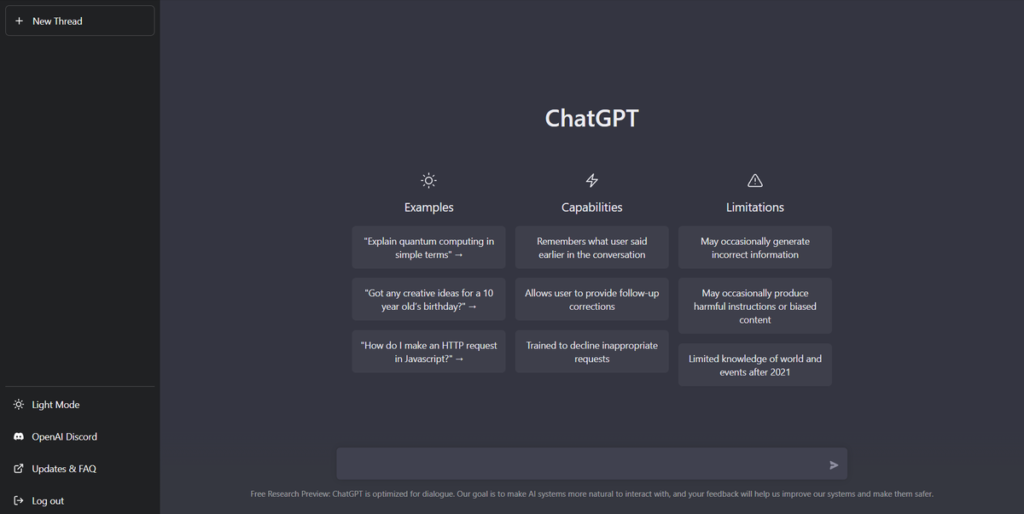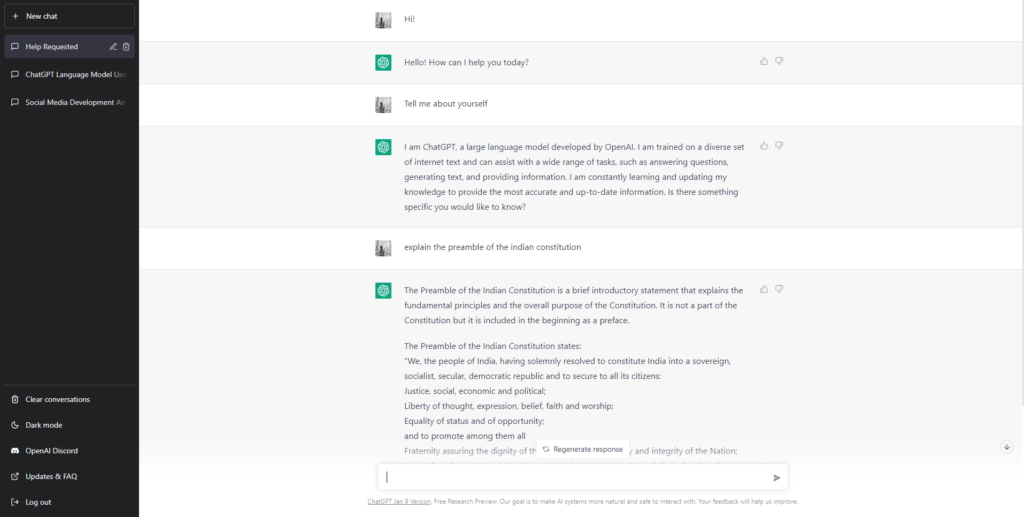ChatGPT, or Generative Pre-trained Transformer, is a language model developed by OpenAI that has seen a rapid rise in popularity in recent years.One of the main reasons for its success is its ability to generate human-like text, making it useful for a variety of tasks such as chatbot conversation, language translation, and text summarization. ChatGPT is based on the transformer architecture, which allows it to handle large amounts of data and generate long-form text.
Another factor contributing to ChatGPT’s rise is its ease of use. OpenAI has made the model available through an API, making it simple for developers to integrate into their projects. This has led to a growing number of applications that utilize ChatGPT’s capabilities, such as virtual assistants, customer service chatbots, and content generation tools.ChatGPT’s capabilities have also been improved with the release of new versions, such as ChatGPT-2 and ChatGPT-3. These updates have increased the model’s accuracy and ability to understand context, resulting in even more realistic and useful text generation.

The AI defines itself by stating : “I am ChatGPT, a large language model developed by OpenAI. I am trained on a diverse set of internet text and can assist with a wide range of tasks, such as answering questions, generating text, and providing information. I am constantly learning and updating my knowledge to provide the most accurate and up-to-date information.”
Additionally, ChatGPT has been used to advance in the field of natural language processing (NLP) research. Its ability to understand and generate human-like text has opened new possibilities for NLP applications. For instance, it has been used in the development of advanced language translation systems, text summarization tools, and even in the creation of synthetic speech.

Despite its successes, ChatGPT is not without its limitations. One of the main criticisms is that it can generate text that is difficult to distinguish from text written by a human, raising concerns about the potential for misuse such as the creation of deepfake text. Additionally, there are concerns about the ethical implications of using such models, particularly in regards to issues of bias and data privacy.
ChatGPT has proven to be a valuable tool for a wide range of applications due to its ability to generate human-like text. However, as with any new technology, it is important to consider the potential risks and ethical implications before fully embracing it. As the field of NLP continues to evolve, it will be interesting to see the future development of the ChatGPT and its impact on the industry.

































